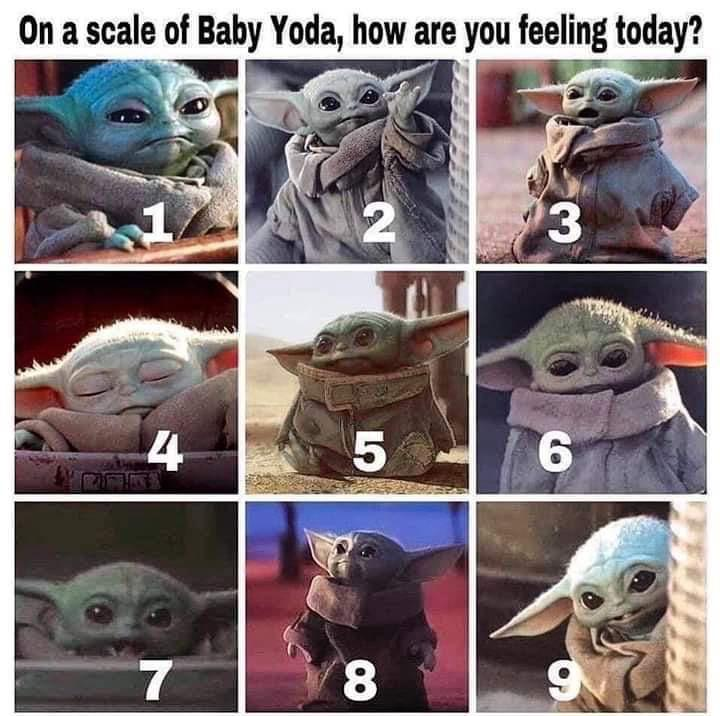I am often tasked with explaining to prospective clients what drama therapy is.
It can be frustrating in part because I see so many aspects of drama therapy already reflected throughout popular culture.
You likely already know what drama therapy is. You might even already be doing it.
For example, I have recently seen this advertisement campaign series put out by Pinterest.
This is literally all I am asking you to do when I talk about role play.
At least a third of the videos on TikTok are also people doing various forms of role play, whether for educational, entertainment, or therapeutic purposes.
The Explaining the Pandemic to my Past Self series on YouTube is another good example of drama therapy. These videos more explicitly use role play with past versions of the Self to process ongoing traumatic events.
Drama Therapy is everywhere!
A lot of stand up comedy is basically a form of drama therapy.
This is one of my favorite vignettes from Eddie Izzard, showing how comedians can shift perspective to enact a variety of roles.
Much of stand up comedy is also comedians processing personal stories (including traumatic material) and connecting them to larger cultural or social issues.
Hannah Gadsby spoke specifically to this phenomenon in the comedy special Nanette.
Ventriloquist Nina Conti even did a video series about being in therapy with her puppet – which is a meta version of using comedy as drama therapy.
Bo Burnham’s Inside is another good example of using comedy to process both the COVID-19 pandemic and celebrity culture’s impact on society.
This list is by no means exhaustive, or even a compilation of the best examples of this phenomenon.
I literally pulled examples off the top of my head.
Drama therapy also isn’t limited to video content.
I have used these “scale” memes as a check-in for group work.

Memes are another common way people use humor to process traumatic events or relate to different aspects of their mental health.
I hope this article illustrates both how ubiquitous drama therapy is in popular culture, and makes it more clear what engaging in a drama therapy process could look like.
You are probably already familiar with a variety of drama therapy techniques, and might even be using social media as a form of drama therapy.
If you want to learn more about how drama therapy could help you specifically, contact me to schedule a consultation.